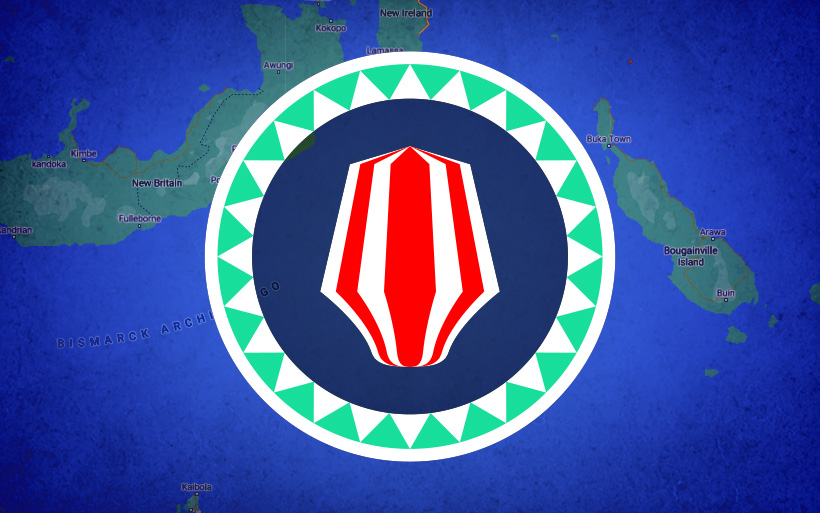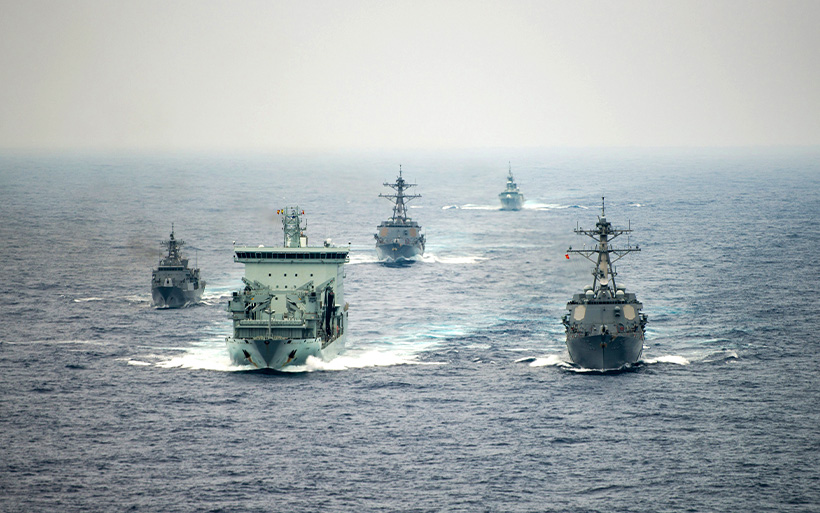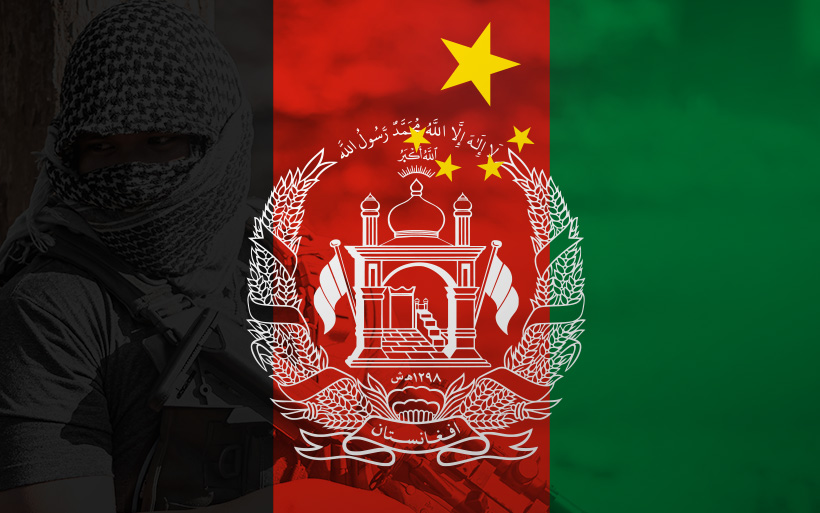Religion in a Values-Based Approach to Strategic Competition
“Religion in a Values-Based Approach to Strategic Competition” is the title of a paper written by DKI APCSS professor Dr. Alfred Oehlers for Security Nexus. This article asks the question “Can we bring religious faiths and beliefs to bear in our strategic competition with our competitors?” Excerpt We speak often of a values-based approach to strategic competition. In so doing, we usually operate within a mental frame that privileges familiar political and economic values such as those associated with our democratic political systems and practices, and our liberal market-led approaches to economic organization. Less often do we draw attention to [...]















